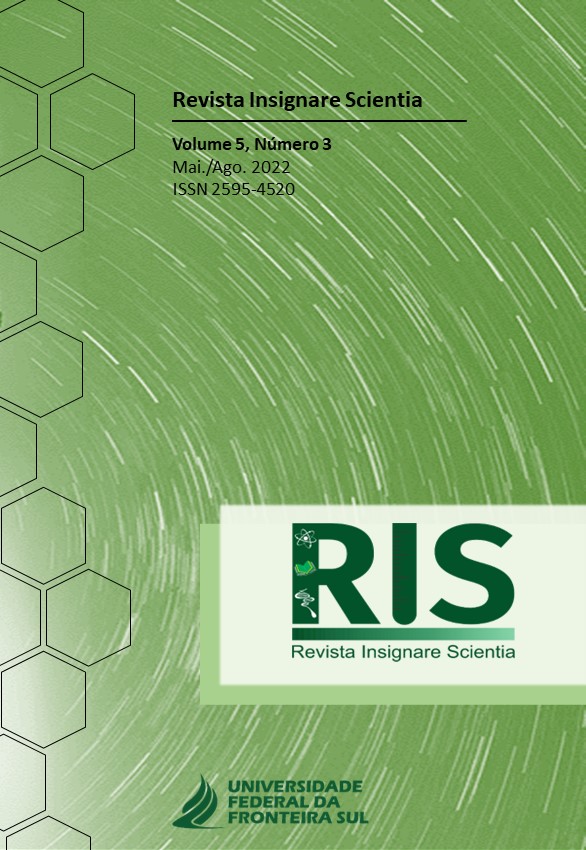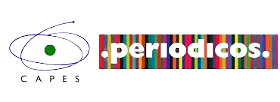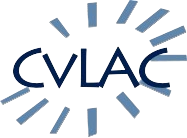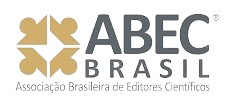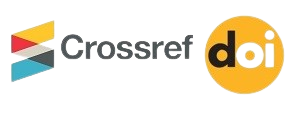Chemistry in inclusive education and its challenges in field school in igarapé miri
DOI:
https://doi.org/10.36661/2595-4520.2022v5n3.12383Keywords:
Chemistry teaching, Countryside Education, Deaf StudentsAbstract
This article aims to build didactic resources in order to contribute to the teaching and learning process of deaf students, in order to help them in chemistry classes at a regular school in the municipality of Igarapé Miri. Thus, the research was carried out from August 2018 to July 2019, with bibliographic research for theoretical foundations and qualitative analysis of the participant type, in which, at first, the quantitative survey of deaf students in 12 schools in the municipality of Igarapé Miri. In the second moment, there was the application of questionnaires, development of teaching materials, experimental activities and recreational games. The results show usefulness in the learning process, even in the face of social factors found during the research equivalent to challenges faced in rural schools, such as the increase in the dropout rate of deaf students in rural and urban schools; lack of accessibility, caregiver, medical report; and even support from the Pedagogical Department of the Municipal Department of Education. The development of pedagogical resources, together with the scientific signs of the Brazilian Sign Language (Libras), provided moments of affection and greater understanding of scientific content in the classroom. Thus, the interviewees' speeches, with regard to the practices presented, reported that the activities carried out significantly helped and improved the students'understanding of the subject of chemistry, providing the inclusion of students with disabilities in the school environment.

